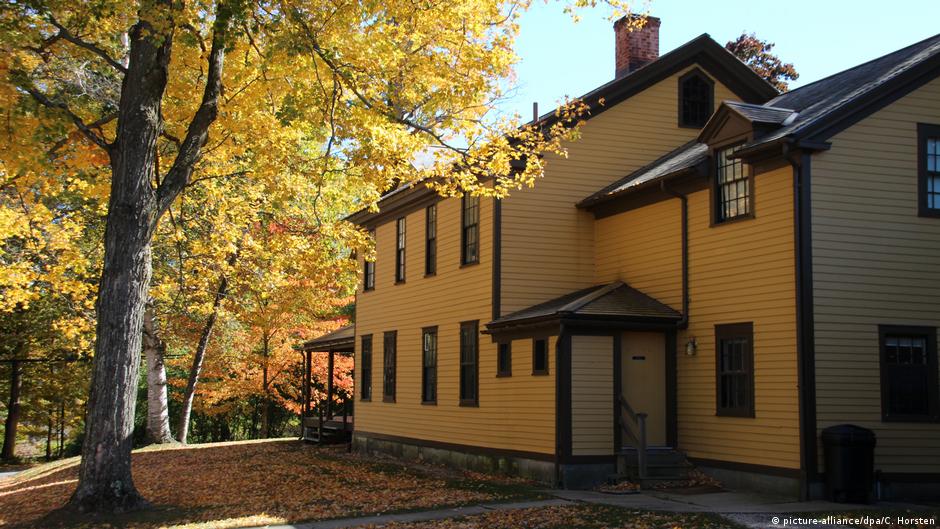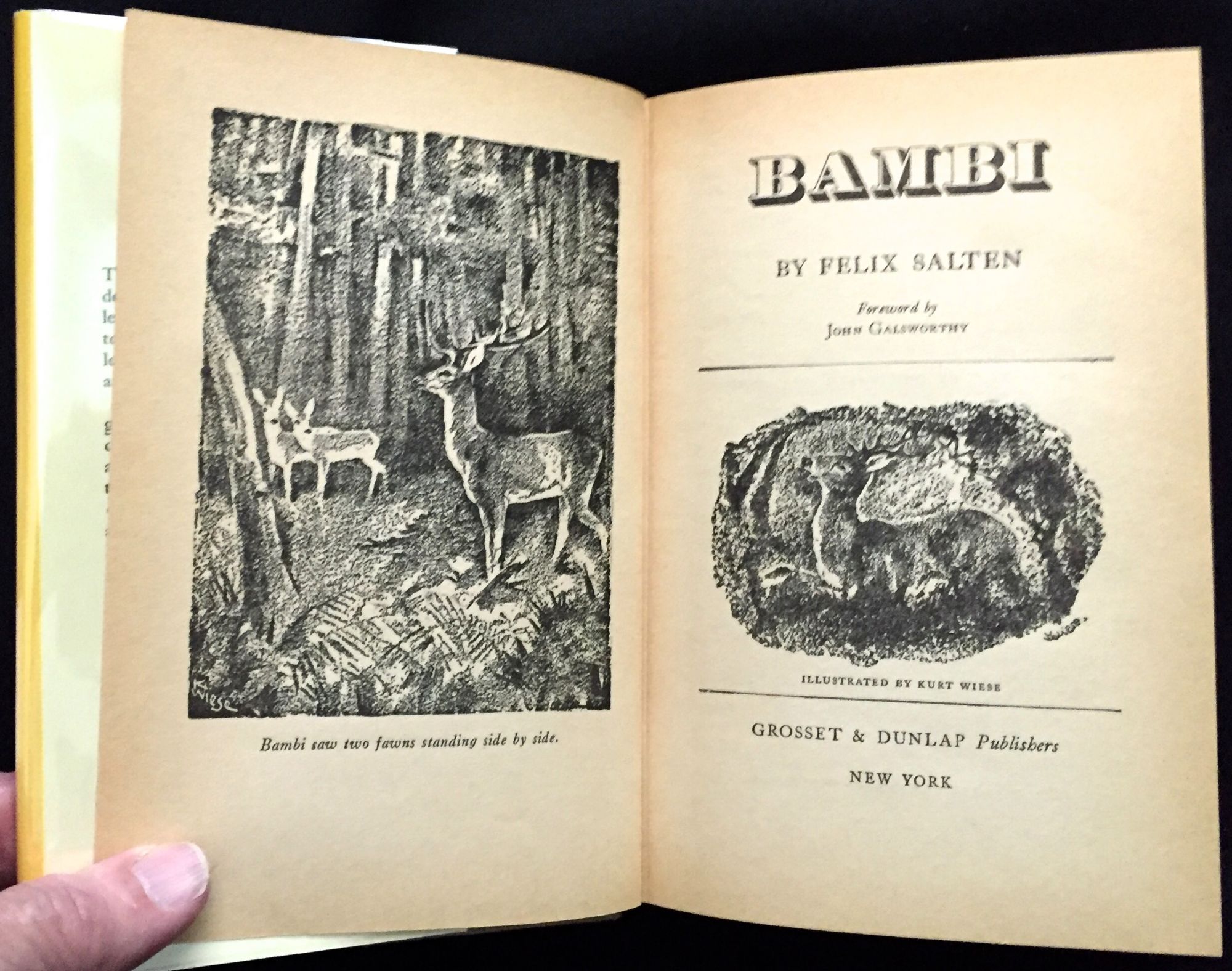We return to one of my favorite genres within the IWE program, the (usually earnest) Biblical-inspired novel. Unlike most books in this class, this one is quite short as well, coming in at 180 slight pages. It is also, I am pretty sure, the first Swedish book that has turned up thus far, of which there are surprisingly many (well. maybe 12 or so), on the program. It would not the first Scandinavian book overall though, Hans Christian Anderson and his works having turned up a couple of years back. Par Lagerkvist does not seem to be particularly celebrated today, though he was awarded the Nobel Prize in 1951, the year after Barabbas, which in the English-speaking world at least seems to be his best known work, was published. While I did like this lean, understated volume, which undoubtedly possesses a substantial amount of literary skill, it did not stand out to me on an initial reading at least as fitting my idea of a Nobel-quality work. However, I haven't read any of his other works (and he had been nominated three times for the prize before Barabbas came out) and I generally don't get too worked up about Prizes--though obviously I don't mind their existence either--unless I really dislike the winner, which rarely seems to be the case with me. The reason given by the Nobel committee for Lagerkvist's prize was that it was "for the artistic vigour and true independence of mind with which he endeavors in his poetry to find answers to the eternal questions confronting mankind" which does seem however like something that could apply to most winners (besides its assumption of some fixed set of 'eternal questions confronting mankind' whose answers, or attempts at answers, at the very least one suspects would invariably reveal themselves to be hopelessly Euro- and phallocentric). Interestingly Hemingway would be awarded the Nobel Prize just a handful of years after this right after the publication of The Old Man in the Sea, a similarly stripped down, elemental kind of work, and Camus, whose most famous novels also seem to me to partake of these kinds of qualities, won it a few years after that. So even apart from the Swedish Academy, there was clearly something in the atmosphere of the reading portions of the postwar West, and especially Europe, that needed and responded strongly to this type of literature.
From the IWE introduction, after giving the background of the Barabbas Story:
"This is all the Gospels tell. The challenge to novelists is apparent and dozens of them have drawn on their imaginations to give the fuller story of Barabbas--where he had come from, what he had done, what became of him. This is the most distinguished of the many efforts. It has, of course, a Swedish and Protestant outlook...The English translation by Alan Blair is superb (ed--This is true)."
As is my habit I did not read this introduction closely before reading the book, and I did not pick up on the book's having a notably Swedish and Protestant outlook as opposed to anything else. Though I do not come out of that tradition specifically, I suppose its worldview meshes somewhat with my own temperament enough that it does not stand out as strange to me. In the book the character of Barabbas, even with witnessing several episodes of Christ's life, miraculous and otherwise, at first hand or very near to it, and being strongly affected by the experience, is never really able to believe wholeheartedly in the man's divinity, and as such life is a lonely, existential struggle for him devoid of peace or joy. I am guessing this is what is referred to by the Swedish and Protestant outlook.
I did not make any notes on this book as there were no individual sentences or passages that would be very striking taken apart from the rest of the novel. It is small and easy to read and I found it to be thought-provoking in a manageable, comprehendible way.
The Challenge
1. C. S. Lewis--Mere Christianity.....................................................3,322
2. Barabbas (movie-1961)....................................................................164
3. Gregory A. Boyd--Crucifixion of the Warrior God............................45
4. Bruxey Cavey--(Re)Union..................................................................32
5. Gregory A. Boyd--Cross Vision..........................................................25
6. Colin Wilson--A Criminal History of Mankind...................................21
7. Robert J. Hutchinson--The Dawn of Christianity................................21
8. Rahim & Thomson--Jesus Prophet of Islam.......................................12
9. Marie Corelli--Barabbas: A Dream of the World's Tragedy.................3
10. Benjamin Constant--On Religion.........................................................0
11. Trench H. Johnson--Phrases & Names: Their Origin & Meanings....0
12. Now Barabbas (movie-1949)...............................................................0
13. Did Jesus Die? (movie--2003).............................................................0
14. The Jesus Tomb (Secrets of the Cross) (movie--2009)........................0
15. Lois Windon--My Walk With God........................................................0
This Challenge is inevitably heavy on Christian themes.
1st Round
#2 Barabbas over #15 Windon
I am being discriminatory against the Windon book because it does not seem to be published by a respected house nor does it have any other signs of success going for it.
#3 Boyd over #14 The Jesus Tomb
#13 Did Jesus Die? over #4 Cavey
Upset special
#5 Boyd over #12 Now Barabbas
#6 Wilson over #11 Johnson
#7 Hutchinson over #10 Constant
#9 Corelli over #8 Rahim & Thomson
The Johnson and Constant books have been out of print for over 100 years. Corelli is a writer of some fame whose book interests me slightly more than her opponents'.
Final 8
#13 Did Jesus Die? over #1 Lewis
Brutal for the quality of the competition, but the documentary was entitled to a rare two upset tournament
#3 Boyd over #7 Hutchinson
I thought this would be a real game, but there isn't a single library in my state that has a copy of either of these books.
#9 Corelli over #2 Barabbas
#5 Boyd over #6 Wilson
This Boyd isn't available in any libraries either, while Wilson made it into two, but this Boyd has an upset to play.
Final 4
#3 Boyd over #13 Did Jesus Die?
#5 Boyd over #9 Corelli
No libraries have the Corelli book.
Championship
#5 Boyd over #3 Boyd















